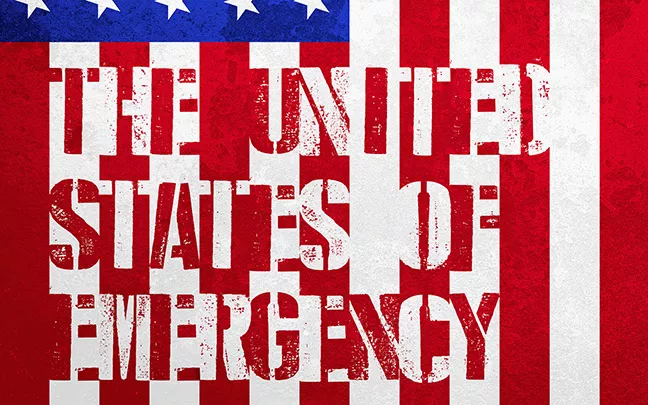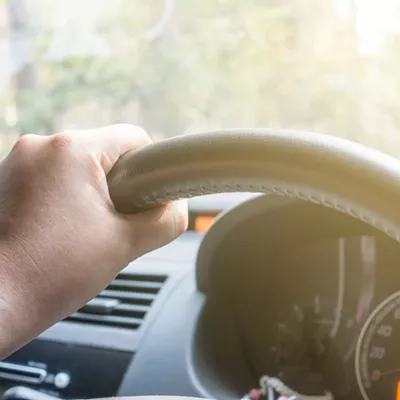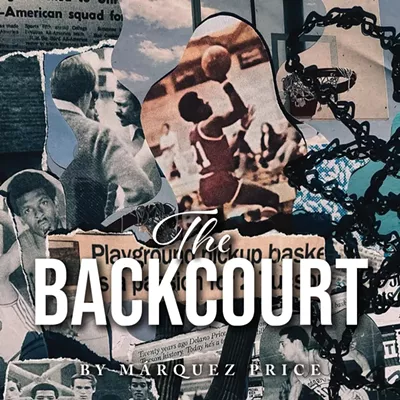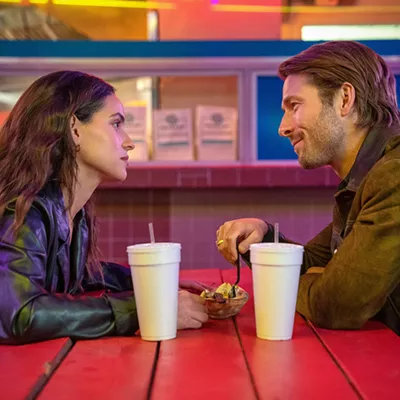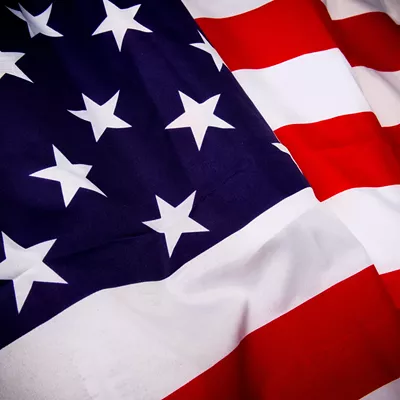On the afternoon of Sept. 11, 2001, a friend of mine called me and asked if I could fill in for him. He was scheduled to umpire a middle-school softball game at Marana Middle School. I thought maybe he was in the National Guard and had been called in after the horrifying events of that morning. I didn't have a chest protector or a mask, so I showed up and called the game from behind the pitcher's mound. Nobody complained. I could have gotten every call wrong and nobody would have complained.
It was surreal. The kids, who knew something really bad had happened, went through the paces and did their best. Commercial air travel had been suspended, so it was not surprising when everyone stopped and stared into the sky as a military plane flew overhead. There were only a couple parents in the stands. They tried to be supportive, but mostly they just sat in the stands, lost in their thoughts. Everything had changed and we all knew it.
That night, the sorta-funk trio G. Love and Special Sauce was scheduled to play the Rialto Theater downtown. G. Love was there, but, because of the flight ban, the Special Sauce guys were stuck in San Francisco. A few dozen people showed up at the venue that night; included in the group was Curtis McCrary, who now runs The Rialto. Curtis said that G. Love pulled out his guitar and performed an acoustic set, respectful and bittersweet, in the lobby of the theater for those who had gathered. It was magical and so very sad.
That's the kind of stuff that Americans do during times of real emergencies. We don't have to be told how to act or how to come together. We just know. But, again, that's during times of real emergencies.
I was never a big fan of President George W. Bush. I believe that, as portrayed in the movie Vice, he was something of a simpleton who was led down an evil path by the craven Dick Cheney. And I'll admit that the first time I saw the footage, I smirked a bit sat the bewildered look that Bush got on his face when he was told of the unfolding disaster as he sat in an elementary school classroom in Florida that morning.
But now, nearly 20 years removed from that awful time, what I remember of George W. Bush is the president of the United States standing on a pile of rubble, bullhorn in hand, thanking those who were engaged in their grim tasks. And I remember smiling as he grooved a 60-miles-per-hour fastball right down the middle of the plate in a ceremonial first pitch to re-start the baseball season after a weeklong break.
(Of course, four years later—almost to the day—that same president soiled his reputation by appearing in that photo in which he's looking down from on high as his plane flies over Hurricane Katrina-ravaged New Orleans.)
Again, I remember how Americans responded to Katrina, with Tucsonans opening their homes to refugees and opening their wallets to help with the relief. Americans have done it again and again—through earthquakes in Haiti and tsunamis in Indonesia and wildfires in California. That's who we are and that's what we do.
But how are we supposed to respond to a fake emergency? How are we supposed to come together as a nation to respond to a "crisis" that only a handful of us actually believe is real, and a few more kinda hope is sorta-real and the vast majority of us know isn't real? Are we supposed to buy into this nonsense as a gesture of faux national unity or are we, as Americans, supposed to stand up as say, "Oh, hell no. You need to save this emergency talk for a real emergency. You can't be crying wolf just for political expediency."
I was going to write a smart-ass column about our current situation. I was at the basketball gym last week and I told a friend that I was really concerned, seeing as how we're in a national state of emergency. I joked that I was afraid to go to the car for fear of being run over by a flood tide of brown people rushing northward from the border. He joked back that he's afraid to get up from his desk at work for fear that when he comes back from the bathroom, a Mexican will have taken his job. This emergency was so bad that, immediately after declaring it, Trump had to go to Florida to play golf.
That should be funny, but it's not. It's pretty much guaranteed that history is going to judge this scoundrel harshly. But in the meantime, we have to live through his Reign of Error. We have to be good Americans, ready to unite if it's a real emergency and equally ready to call BS if it's not.
And just to show that not all of us respond in a manner about which we will later be proud, it turned out that the guy who asked me to umpire the softball game that day wasn't in the Guard. After having watched the events unfold on the East Coast, his wife had forbidden him to leave the house.

